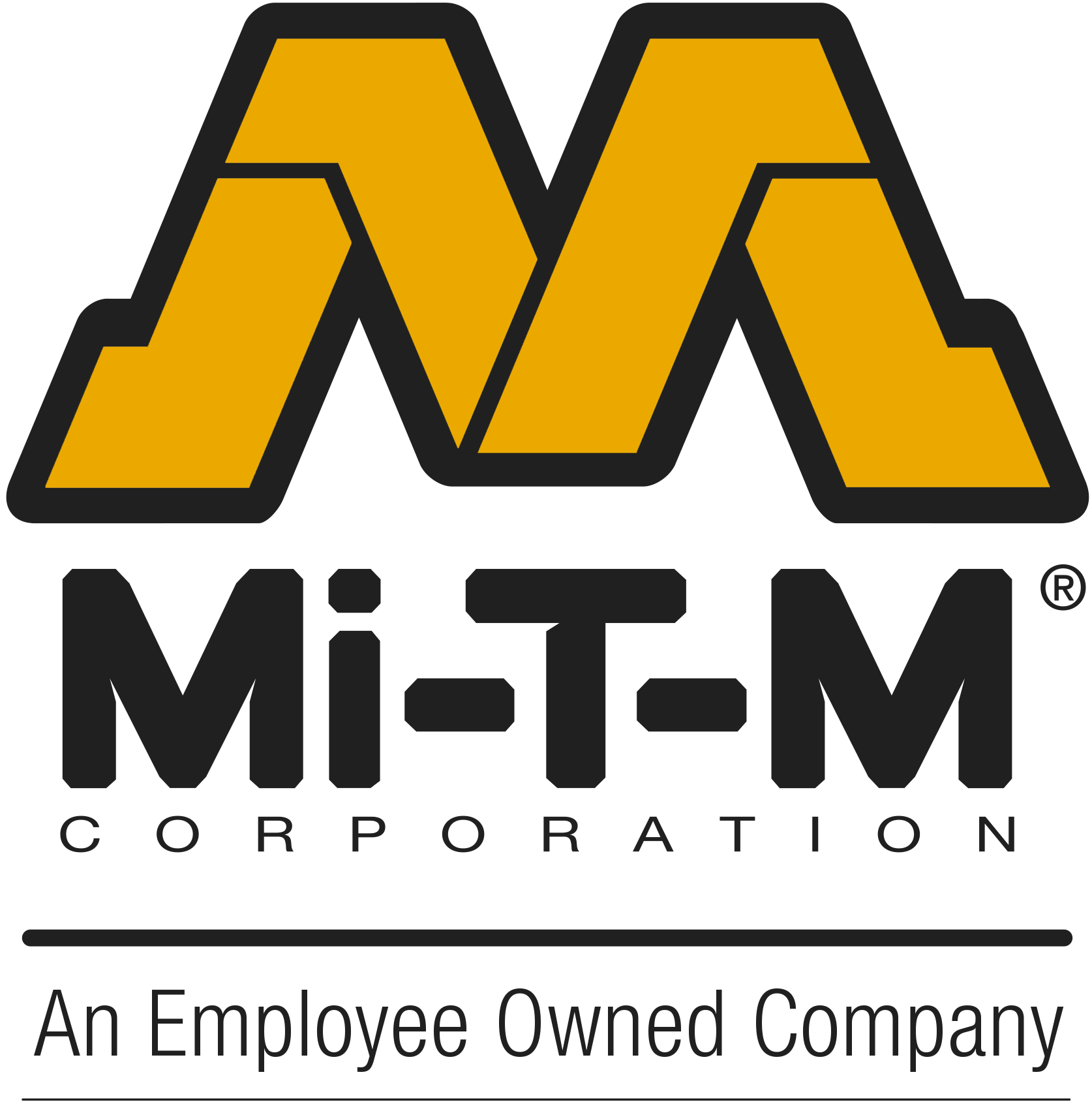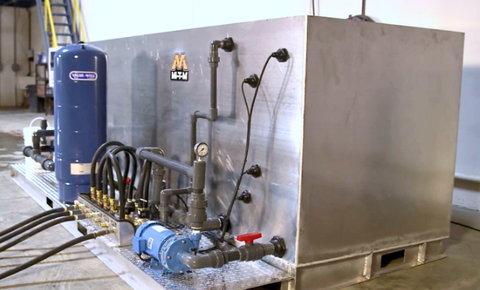
Water recycling and reuse has become increasingly important, not only because many states now require it, but, depending what you use the recycled water for, it can offer cost savings for businesses and municipalities.
Mi-T-M water treatment systems employ several technologies customers who are interested in treating wastewater. Which system is right for your needs depends on many factors including what kind of wastewater you are treating, what you will be using the treated water for and what are the discharge requirements where you are located.
We know how to treat wastewater for whatever your needs are. Here you’ll find the answers to some of the most common questions. If you are ready to discuss your water treatment needs further, our experts are standing by to help.
Mi-T-M’s large network of dealers are experts in the industry and can help you choose the right water treatment system for your specific needs. Plus, you can find factory authorized service centers across the country that will perform routine and repair maintenance for this equipment.
View Water Treatment SystemsWater Treatment Systems FAQs
We know how to treat wastewater for whatever your needs are. Here you’ll find the answers to some of the most common questions. If you are ready to discuss your water treatment needs further, our experts are standing by to help.
How do I select a system that best suits my application?
You can start sizing the system by asking these questions:
- How much water do you need to treat in 24 hrs?
- Do you discharge to sewer or will you recycle the water?
- What will you remove from the wastewater?
Mi‑T‑M offers several water treatment systems to meet your needs.
- Biological (BIO) Treatment Series can be used either as a discharge or closed loop system. Microbes consume constituents in the wastewater turning them into carbon dioxide and water.
- Mechanical Filtration (WLP & WCP) Series uses sand filtration to remove particulates down to 25 microns. A cartridge filter may be added to filter to 30 microns.
- Water/Oil Separator (WOS & WCL) Series uses oil attracting (oleophilic) media that separates the oil and floats it to the surface where an oil skimmer sends the oil to a decanter for easy removal.
- Electro-Coagulation Flocculation (ECF) uses aluminum rods along with electricity. The electricity passes between the rods and contaminates in the water are charged and coagulate with the free metal ions from a sacrificial anode, thus neutralizing the contaminates in the waste stream. This system is used in applications where metal removal is needed.
Is water treatment equipment difficult to maintain?
It all depends on the system. Water oil separators require the least amount of maintenance as only one pump is involved, whereas mechanical filtration requires more (additional pumps, media filters, slide valves, pH/orp meters, and timers). Biological treatment is also a low maintenance system. Standard pump maintenance and coalescing media cleaning, which is necessary in all systems, is all that is required.
Are your systems customizable?
Most of our water treatment systems are meant to be customized. This gives you the ability to work with your customer to design a wash water recycle system that is going to best suit their needs. We offer a variety of treatment technologies as well as wash pad designs to ensure you get the correct system to handle your daily needs.
What are some of the industries that benefit from water treatment systems?
Golf courses, wineries, breweries, food processing plants, trucking companies, construction, and solid waste haulers to name a few. Any industry that uses large amount of water in their everyday processes or industries that clean equipment and vehicles on a regular basis will benefit from a Mi-T-M Water Treatment System.
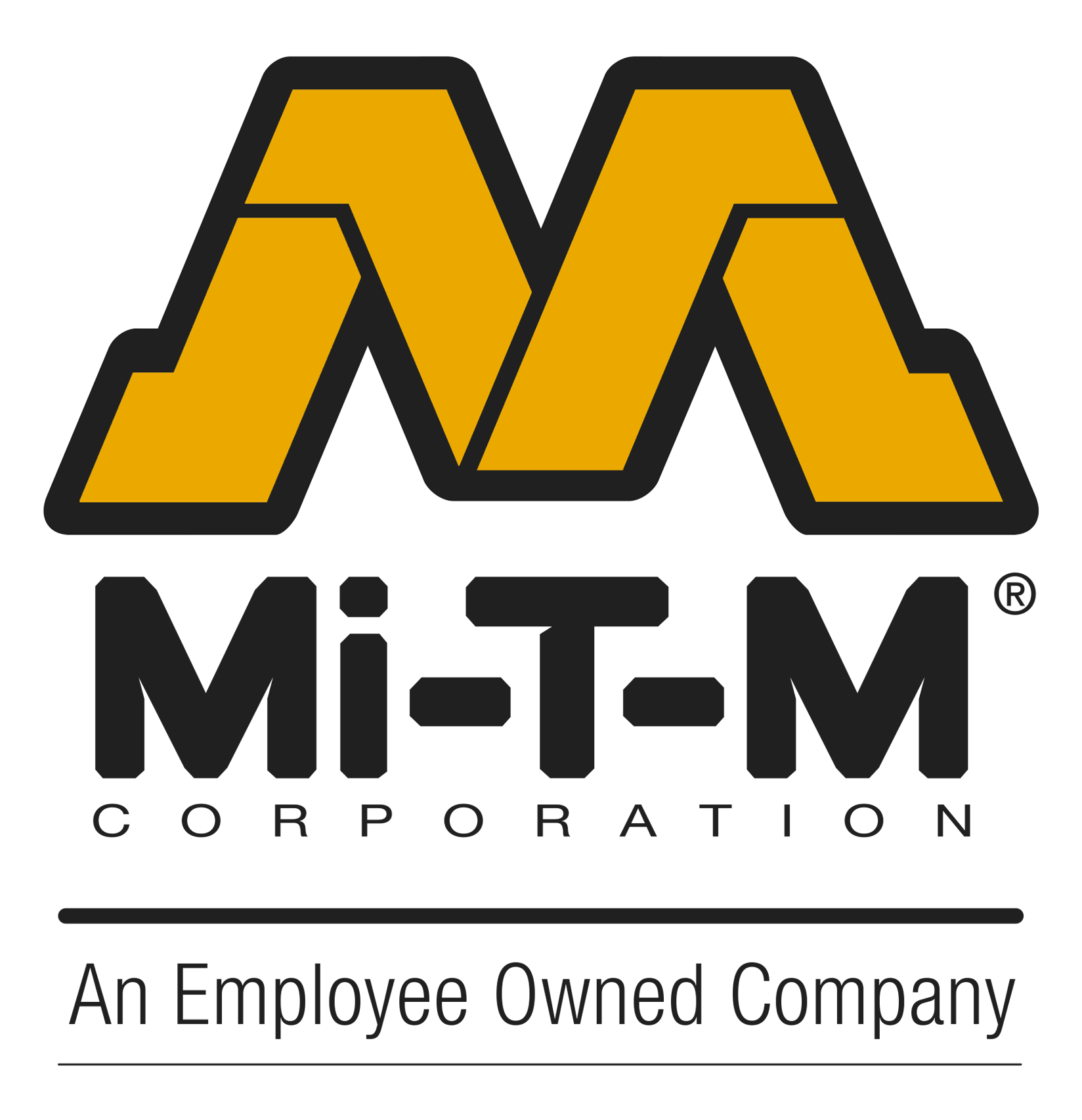



 Latest Equipment
Latest Equipment
 Accessories
Accessories
 Pressure Washers
Pressure Washers
 Air Compressors
Air Compressors
 Generators
Generators
 Air Compressor Generators
Air Compressor Generators
 Air Compressor / Generator / Welders
Air Compressor / Generator / Welders
 Portable Heaters
Portable Heaters
 Water Treatment Systems
Water Treatment Systems
 Trailers
Trailers
 Water Pumps
Water Pumps
 Wet / Dry Vacuums
Wet / Dry Vacuums
 All Residential Products
All Residential Products
 All Commercial Products
All Commercial Products
 Pressure Washers
Pressure Washers
 Generators
Generators
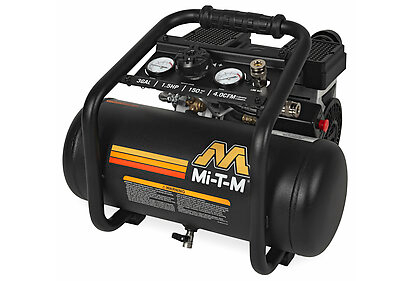 Air Compressors
Air Compressors
 Custom Fire Pits
Custom Fire Pits
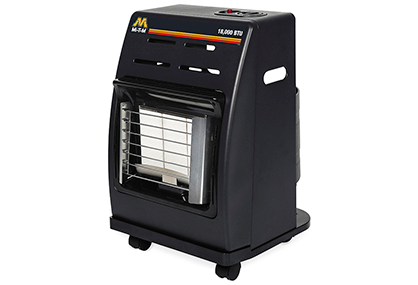 Portable Heaters
Portable Heaters
